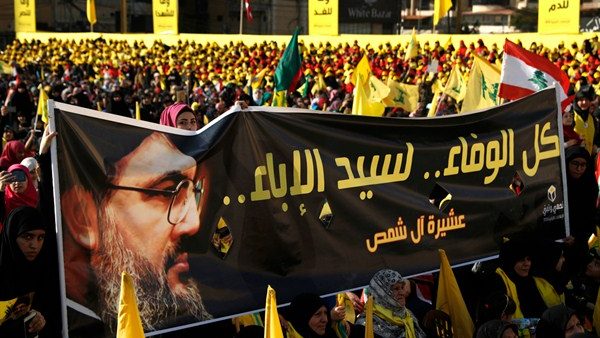For the first time in almost a decade, Lebanese voters went to the polls last weekend and delivered a subtle but important message with regional ramifications. The results will do nothing to ease tensions, instead sharpening enmity between Saudi Arabia and Iran while marginally increasing fears of an impending confrontation between Israel and Iran and its Lebanese proxy, Hezbollah.
From a regional perspective, the outcome of the Lebanese election is clear: Iran has grown more powerful inside Lebanon, adding to Tehran’s influence across the Middle East.
The election strengthened the hand of Hezbollah, the militant Shiite organization and political party with deep links to Iran that the United States and several other countries designate a terrorist group. Hezbollah and its political allies are in a position to forge a narrow majority in Lebanon’s parliament, so Hezbollah could block any legislation it dislikes. At the same time, the Future Movement of Prime Minister Saad Hariri, friendly to both Saudi Arabia and the West, was unquestionably the election’s biggest loser.

